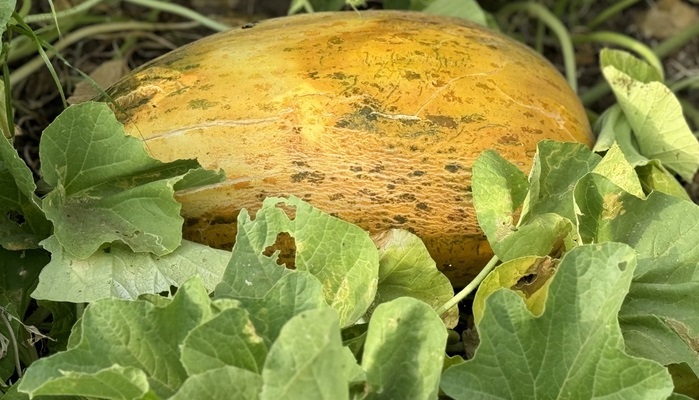Omani watermelon, also known as Arabic watermelon, is a unique summer crop that thrives in the harsh conditions of Al Dhahirah Governorate in Oman. Known for its purity and distinct characteristics, such as its green skin and specific shape, this variety of watermelon has not undergone cross-pollination like many others. Engineer Ahmed bin Mubarak Al Badi, an agricultural engineer at the Department of Agricultural Wealth and Water Resources in the Wilayat of Dhank, highlighted the unique qualities of Omani watermelon, such as its less sweet taste compared to other varieties.
One of the main challenges faced by Omani watermelon cultivation is the presence of various pests, including fruit flies, white flies, viral pests, mold, and spiders, which can threaten the crop’s yield. Additionally, the less sweet taste of Omani watermelon compared to other varieties has led to reduced demand and a shift towards other types of watermelon in the market. The Ministry of Agriculture, Fisheries, and Water Resources is actively working to combat pests and raise awareness about the importance of preserving this unique crop and its cultural significance.
Despite these challenges, the Omani watermelon remains a significant part of the local food basket and holds cultural importance in Oman. Its distinct characteristics and pure variety make it a sought-after summer fruit among locals. By highlighting the unique qualities of Omani watermelon and addressing the challenges faced by its cultivation, efforts are being made to ensure the preservation and sustainability of this valuable crop in the region. With ongoing initiatives to combat pests and raise awareness, the importance of Omani watermelon in the local agricultural sector is being recognized and supported.
In conclusion, Omani watermelon, also known as Arabic watermelon, is a unique summer crop that thrives in the harsh conditions of Al Dhahirah Governorate in Oman. Known for its purity and distinct characteristics, such as its green skin and specific shape, this variety of watermelon has not undergone cross-pollination like many others. Despite challenges such as pests and reduced demand due to its less sweet taste, efforts are being made to preserve the cultural significance of Omani watermelon and ensure its sustainability in the local agricultural sector. Through initiatives to combat pests and raise awareness about the importance of this crop, the valuable contribution of Omani watermelon to the local food basket is being recognized and supported.










